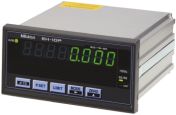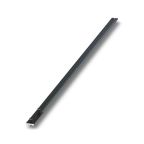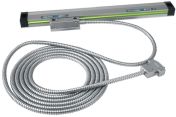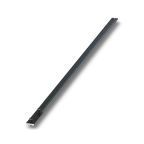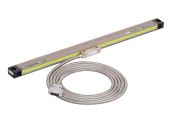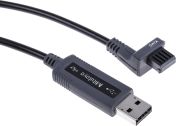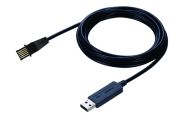Browse our range of linear measurement equipment that includes calipers, distance meters, tape measures and lever dial indicators from manufacturers like Stanley and our own quality RS Pro brand.
What is meant by linear measurement?
Linear measurement refers to the measurement of a straight distance between two points, usually, this is a dimensional reference such as length, height or width of an object.
Units of linear measurement
Measurements are usually taken in a standard unit format that is either in metric or imperial units. The imperial system uses inches, feet, and yards. Whereas the metric system uses millimetres, centimetres and meters.
There are a number of different instruments that are used for linear measuring. They can be classified into two methods of measuring, direct and indirect. Some instruments are can be further defined as graduated instruments as they have a linear scale on them used to take the measurement. Tools can be selected based on the application, the size of the distance or object being measured and the levels of precision required. Some popular types of products include :
- Rules - for measuring lengths, available in a range of sizes and materials such as wood, plastic and steel.
- Calipers - a handheld device for measuring distances between two points. The tips of the caliper are opened to the size of the distance, then removed and measured with a device such as a ruler. Common types include Vernier calipers, digital calipers and dial calipers.
- Tape measures - for measuring lengths and distances, commonly used in DIY and carpentry. Available in different sizes, materials and with different measurement scales.
- Micrometres - used for measuring small distances when high accuracy is required.
- Dial indicators - round dial face present with visual scale and needle. Ideal use with machinery such as milling machines to check the accuracy of a work detecting small imperfections.
- Distance meters - records measurements accurately using a laser, without any contact.
- Feeler gauges - for measuring the width of gaps, commonly used in engineering. Usually, have a collection of small lengths of steel that are different thicknesses.



